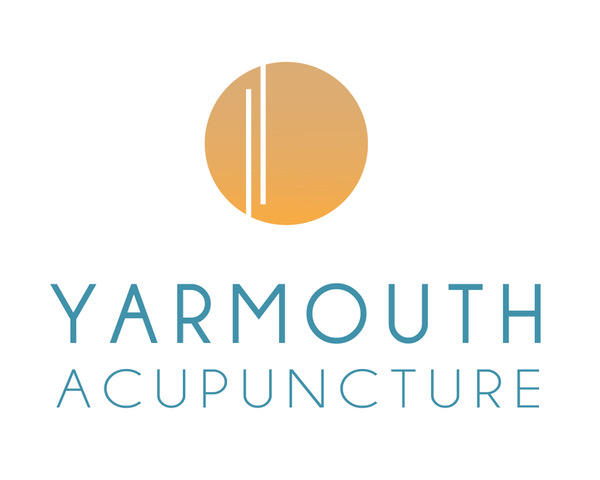Acupuncture FAQs

Is acupuncture just a “placebo”?
While the placebo effect can play a role in any treatment, acupuncture has been studied extensively and shown to have beneficial effects, especially for pain management, nausea, anxiety, and stress. Research suggests that acupuncture can stimulate specific points in the body to release endorphins and other natural chemicals that promote healing and pain relief.
Is acupuncture only for pain relief?
While acupuncture is most commonly used for pain management, it can be used to treat a wide range of conditions. Acupuncture has been used to treat issues like digestive problems, insomnia, anxiety, depression, headaches, and even infertility.
Do the acupuncture needles hurt?
Acupuncture needles are very thin (about the width of a human hair) and are typically much less painful than people expect. Most patients experience little to no discomfort when the needles are inserted. In fact, many people feel a deep sense of relaxation during and after the treatment.
Is acupuncture scientifically proven?
Numerous studies, including systematic reviews, have shown that acupuncture can be effective for certain conditions, such as chronic pain, headaches, and nausea. The National Institutes of Health (NIH) and the World Health Organization (WHO) recognize acupuncture as a valid treatment for several health conditions.
Is acupuncture safe?
When performed by a trained and licensed acupuncturist, acupuncture is generally safe. The needles used are sterile and single-use, minimizing the risk of infection. Adverse effects are rare, especially when compared to pharmaceutical treatments. However, it’s important to go to a qualified professional to ensure safety.
Does acupuncture have a modern application or it only a traditional Chinese medicine?
Although acupuncture has roots in traditional Chinese medicine (TCM), it has evolved significantly and is now practiced worldwide in many countries. In fact, some modern acupuncture techniques are integrated into Western medical practices, such as dry needling for muscle pain relief.
Does acupuncture require a long treatment period to work?
The duration of treatment varies depending on the individual and the condition being treated. While some conditions may require several sessions, others may show improvement after just a few treatments. An acupuncturist will tailor a treatment plan based on your specific needs
Can acupuncture can replace all other forms of medical treatment?
Acupuncture is often used as a complementary treatment alongside conventional medical treatments, not a replacement. It can help manage symptoms, reduce side effects, and improve overall well-being, but it’s important to consult with your healthcare provider about the best approach for your health.
Does acupuncture works for everyone the same way?
Acupuncture is individualized. Different people respond to treatments differently, and some may experience faster or more noticeable benefits than others. The results can vary based on a person’s health condition, overall well-being, and lifestyle.
Can acupuncture “cure” everything?
Acupuncture is effective for many conditions, but it’s not a cure-all. It’s important to have realistic expectations and understand that while acupuncture can provide significant relief for various conditions, it may not cure every ailment.
What level of healthcare training and credentialing do acupuncturists have?
Licensed acupuncturists in most states are required to complete over 3000 hours of training at the master or doctorate level, which includes western and eastern medicine anatomy, physiology, pathology, and clinical training.
Licensed acupuncturists in Maine must maintain national certification as well as state licensure.
